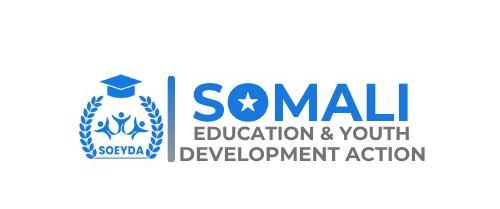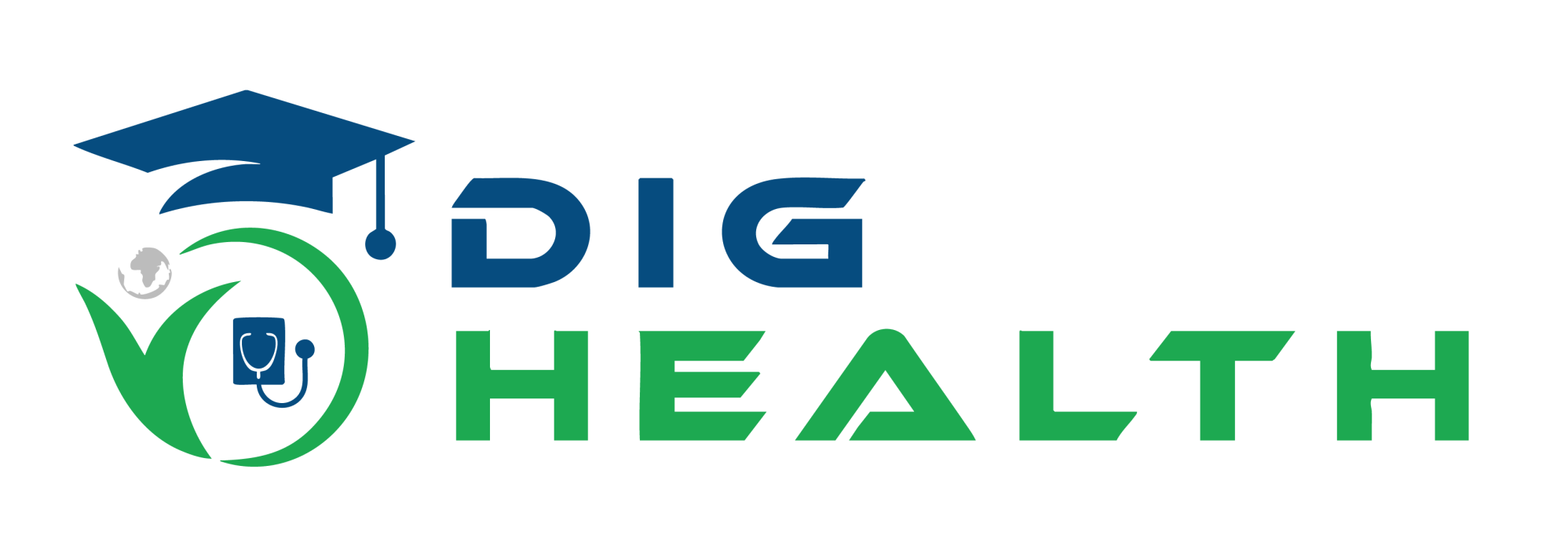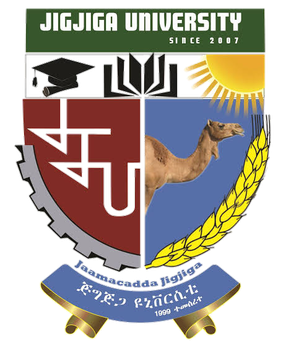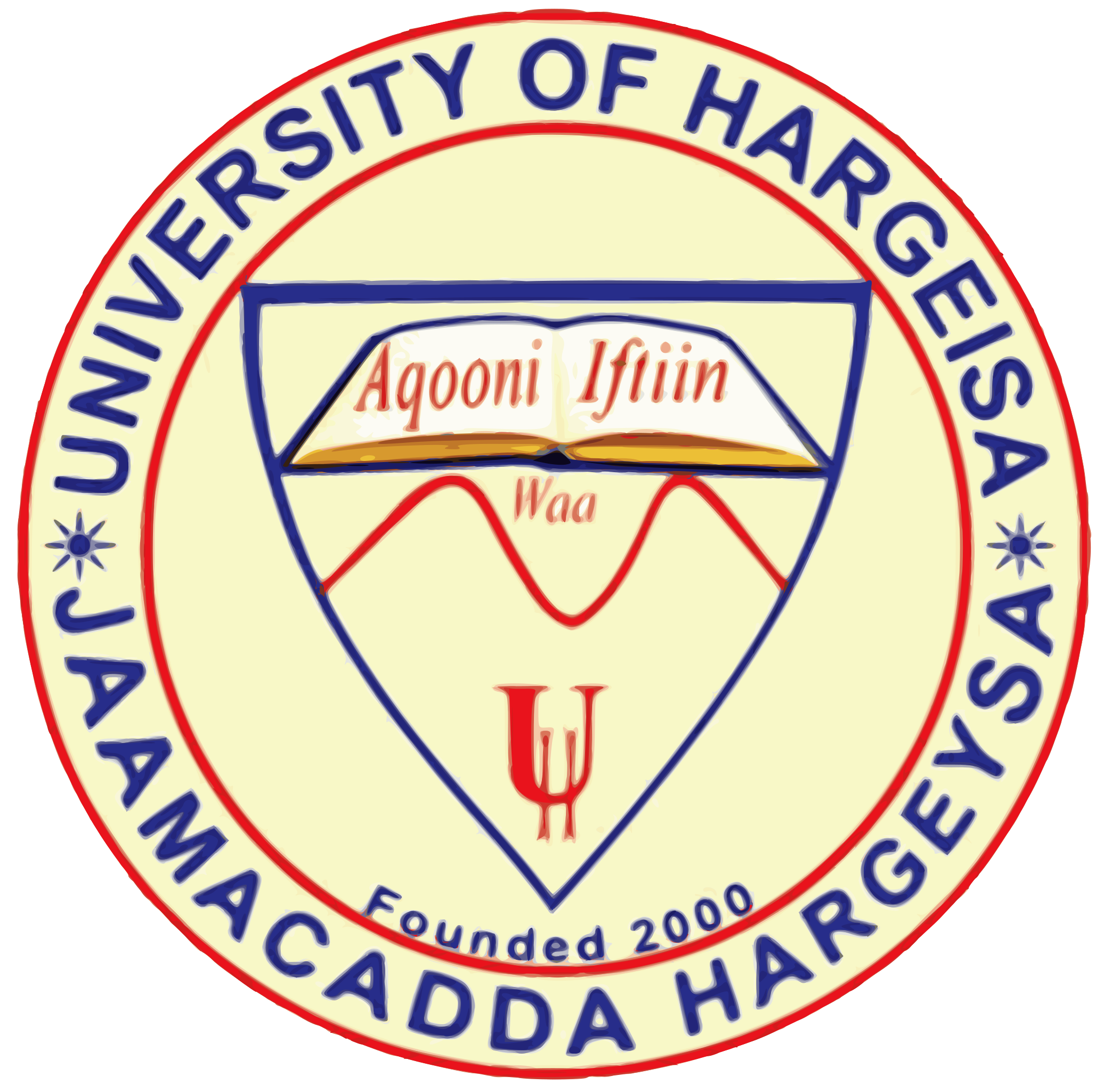Our Consortium & Partners
The DigHealth project is powered by a diverse and dedicated consortium of 10 institutions from Europe and Africa. This unique partnership brings together universities and non-governmental organizations, combining expertise in technology, medicine, and education to ensure a comprehensive and multidisciplinary approach.
RIT Croatia (RIT)
As the project coordinator, RIT Croatia provides overall management and leadership. Established in 1997, RIT Croatia is a research institute and higher education institution with strong programs in Information Technology and Web and Mobile Computing. Its department of telemedicine and digital health is instrumental in all academic activities related to developing the project's micro-credentials.
University of Piraeus(UNIPI)
The University of Piraeus (UNIPI) is a key academic partner, contributing expertise through its Computational Biomedicine Lab (CBML). The university's department of digital health is deeply involved in developing all the project's academic activities, making their role crucial to our success.
Catholic University of Croatia (CUC)
The Catholic University of Croatia (CUC) brings together motivated scientists and researchers with strong experience in the medical field and biomedical engineering. CUC's School of Medicine and its research activities in the medical area provide a crucial clinical perspective, bridging the gap between technological innovations and their practical applications in healthcare
Institut de Haute Formation aux Politiques Communautaires (IHF)
The Institut de Haute Formation aux Politiques Communautaires (IHF) is an education and training provider based in Brussels with over 20 years of experience leading EU-funded projects. For the DigHealth project, IHF leverages its expertise to manage the crucial work packages for quality assurance (WP5) and dissemination (WP6). IHF also brings a strong focus on micro-credentials in education and digital competences to the consortium
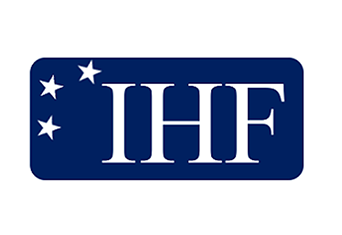
Addis Ababa University (AAU)
As the oldest and largest research institution in Ethiopia, Addis Ababa University (AAU) plays a vital role in the project. Its renowned College of Health Sciences is actively involved in preparing students and staff for a digital-ready healthcare workforce and will establish a national hub for e-learning to reach other medical schools across the region.
Bule Hora University (BHU), Ethiopia
Bule Hora University (BHU) is a key regional partner that works to provide quality education and conduct problem-based research. BHU is responsible for studying the needs of stakeholders in its region to inform the new educational programs and is a leader in disseminating project information to government officials and the local administration.
University of Hargeisa (UoH)
Established in 1998, the University of Hargeisa (UoH) is the premier public university in Hargeisa, Somaliland. With the motto "Towards a better future," its College of Medicine & Health Science actively participates in the project, showcasing the university's deep commitment to advancing healthcare education and innovation in the region.
Horseed International University (HIU)
Horseed International University (HIU) is a premier private institution in Somalia established in 2010 by distinguished Somali scholars. Recognized for its excellence, HIU's Faculty of Health Sciences plays a critical role in the project, leveraging its expertise and dynamic syllabus to contribute significantly to the project's objectives and outcomes.
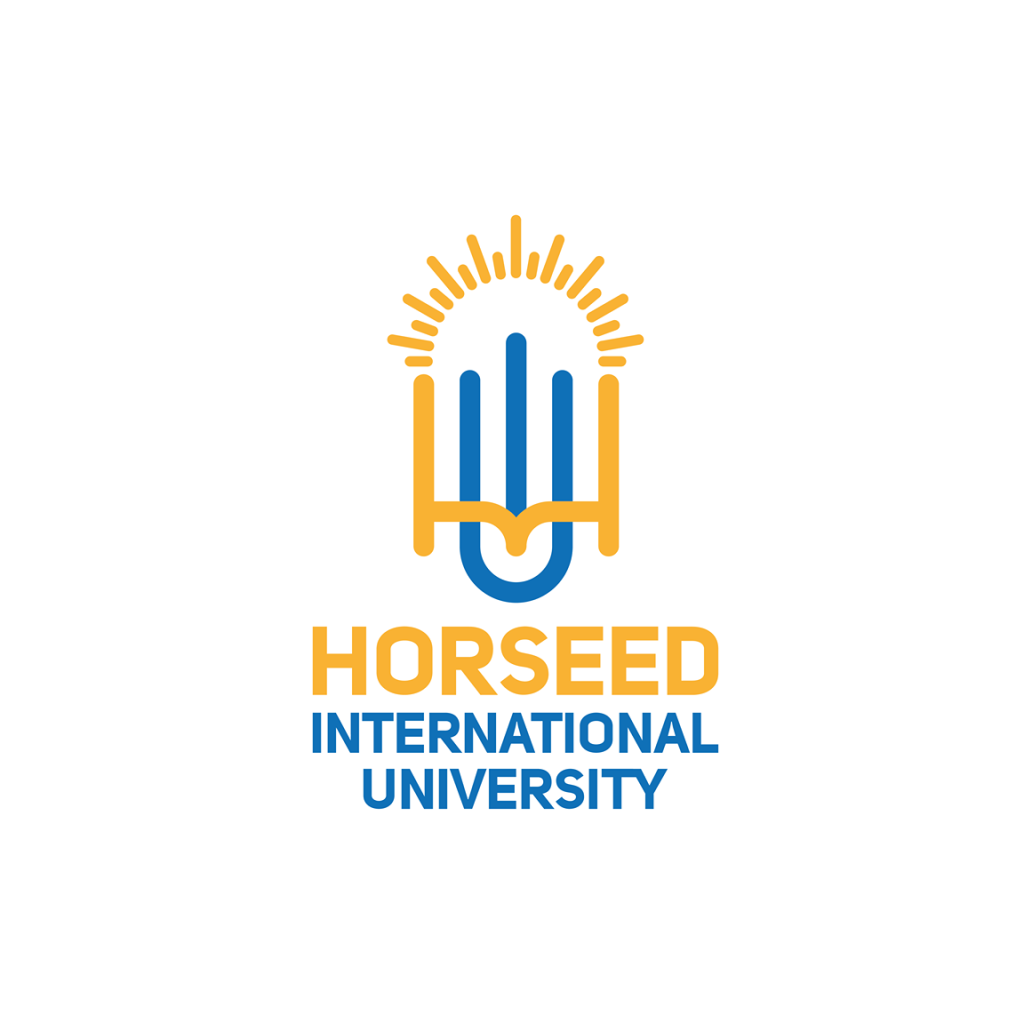
Jigjiga University (JJU), Ethiopia
Located in the capital of the Ethiopian Somali regional state, Jigjiga University (JJU) was founded in 2007. Its College of Medicine and Health Science, one of the biggest at JJU, is involved in all work packages of the project, from stakeholder analysis to preparing advanced training materials and leading dissemination activities in its region
Somali education and youth development action (SOEYDA)
SOEYDA is a grassroots organization in Mogadishu founded by graduates educated mostly in Europe. Its mission is to empower youth and shape future leaders through research and education. SOEYDA is pivotal in facilitating communication, developing activities in universities, and leading dissemination efforts to engage stakeholders effectively.
